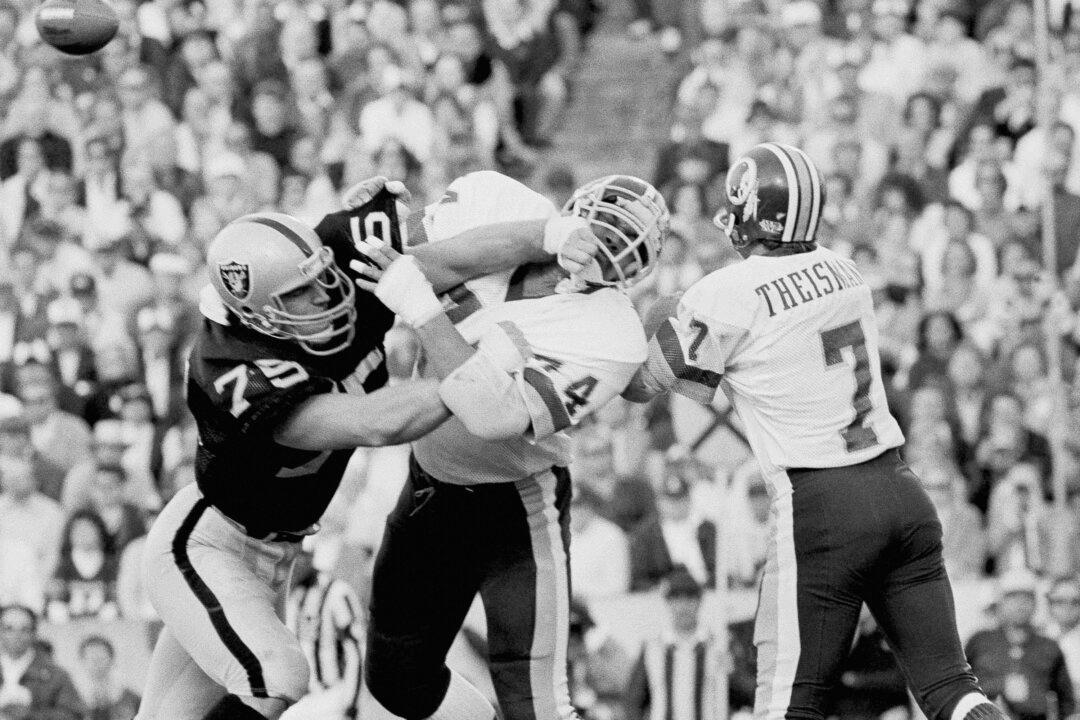They had the stars, the swagger and the sparkling record to prove it. Then, poof, it was gone.
No Super Bowl ring, no parade, no trip to the White House. Nothing but a long off-season—or a lifetime in some cases—of what might have been.
Cam Newton and the rest of his “Dabbin'” dancing, selfie-with-the-clock-still-running Carolina Panthers will try to avoid the same fate the 2007 Patriots or the 1968 Colt, teams whose seemingly inevitable coronation instead turned into a crowning moment for the underdog.
Hey, at least the Panthers are still playing, right? For some in the following group—the best clubs to not win it all—the curtain fell long before the final act.
1968 BALTIMORE COLTS
Don Shula’s first truly great team came four years before he led the Miami Dolphins to perfection. With the Green Bay Packers dynasty in its twilight, the Colts picked up the mantle of NFL’s best and ran with it. They steamrolled through a 13-1 regular season behind league MVP Earl Morrall—subbing for Johnny Unitas—and a defense that allowed just over 10 points per game. How good were the Colts? Only three of their 16 games before their Super Bowl showdown with the Jets were decided by less than 10 points.
Yet that dominance disguised a penchant for sloppiness. Baltimore turned it over 34 times in the regular season and that carelessness cost them in the Super Bowl against Joe Namath and the upstart Jets. Morrall threw three picks and Unitas another. A pair of missed field goals by normally reliable Lou Michaels didn’t help and the Colts went from 18-point favorites to watching Namath jog into the tunnel before the stunned crowd at the Orange Bowl, his right index finger pointed in the air in triumph.






